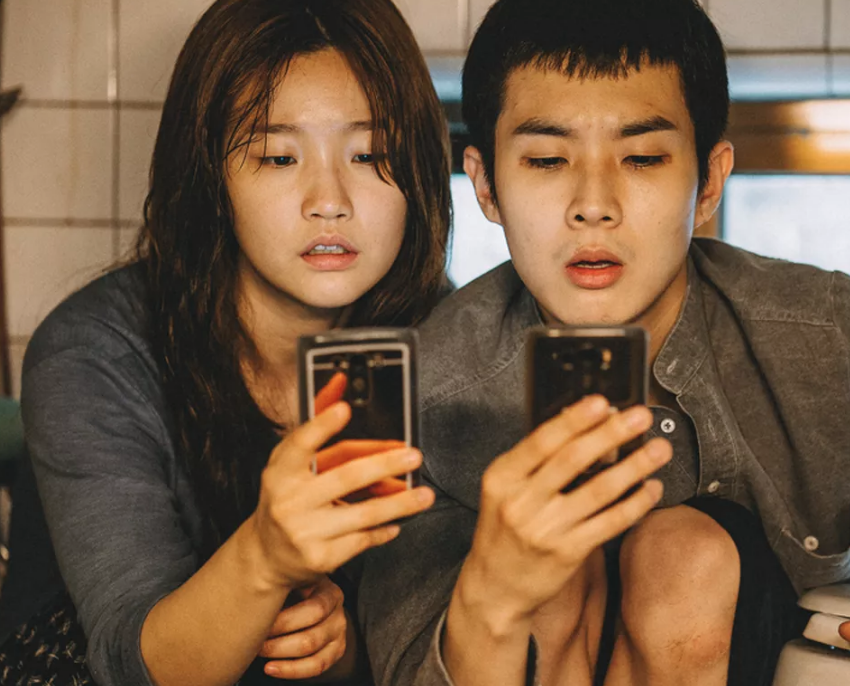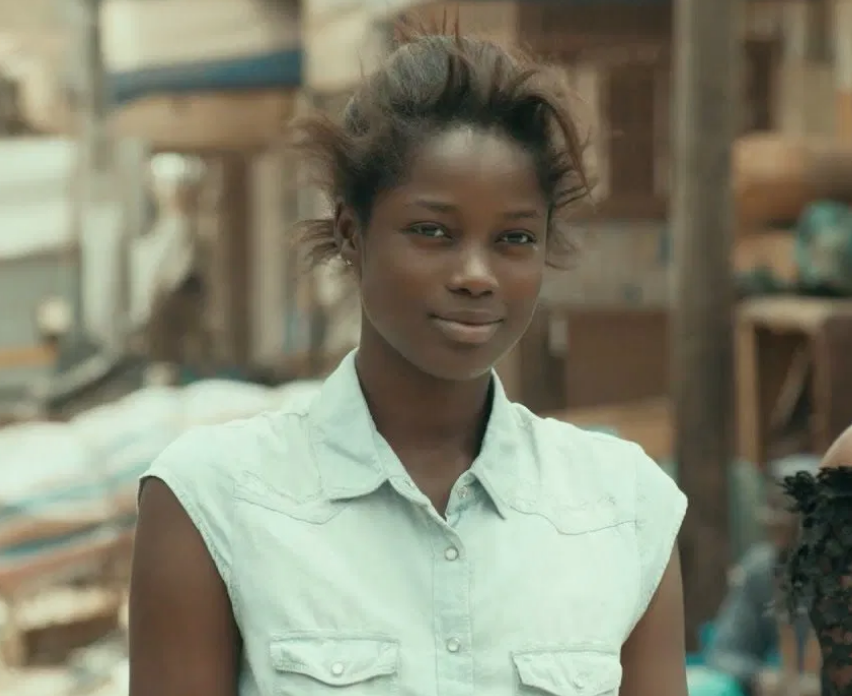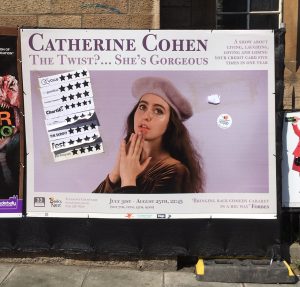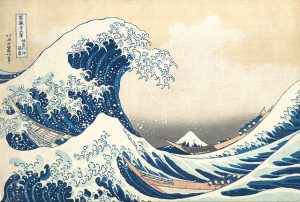The whole world seems to be having second thoughts about capitalism’s current amalgamation and we’re getting itchy. The art that’s coming out of that errr, conversation, is really great and I’ve been overindulging in all of the eat-the-rich narratives on offer, the first and most obvious one being Parasite of course, which I loved. The fact that a movie like it has reached the level of pop culture woo-hooing that it has is a mighty testament to everyone’s overall fed-upness with grrrr, just not having enough money! basically. (I mean, that’s the shallow, easy emotion the movie exploits of course, but the larger conversation surrounds whom are the parasites; or are we all parasites; or is capitalism the a parasite; etc.). Outside of that lens, the movie was still the most properly, straightforwardly entertaining movie I’ve seen in ages.

Treading in darker territory is the film Atlantics, which I saw… maybe just a few days before Parasite? Making for a strong double-bill. Atlantics is about a woman in Senegal whose boyfriend joins a migrant ship bound for Spain just days before she is to enter into an arranged marriage with a wealthy property developer. I knew nothing about the plot other than that initial premise and I think that’s really the ideal situation to be in before seeing the film—but needless to say, surprising events occur! The film tackles the issue of blame and consequence at its most basic, human-to-human level, and does so in a way that is so literal but still inventive and unpredictable.

I think one of the main furies we experience out here in capitalist 2020 is to whom do we funnel our rage. Yes, we want to stop factory farming, fast fashion, plastic waste, etc. but who do we need to yell at to make it all go away? There’s a crushing sense of helplessness that settles in, once you blast through the rage embedded within all the Made In China existential blame shifting—because ultimately there is no one single person. You could track down the highest-up of the higher-ups and they’d still tell you to check with reception because that’s not his department. What Atlantics does so perfectly and fearlessly is it creates a physical manifestation of that rage. In the conclusion of the film, a single individual is forced to reconcile with and take responsibility for abstract global turmoil, and it’s a profound visual moment. Parasite has its own visceral, almost slap-happy opening of that valve, where that rage is let loose, but Atlantics does do in a much more mournful, worldwide wave. There’s more gravity to it.
Then on the theater route (and also on that same slap-happy route as Parasite), is the new (adapted) play The Visit, which I saw this past weekend at the National Theatre.
Eh.
It was good! It was actually really good, not as best as it could be, but good. Leslie Manville was an absolute stunner, superstar, diva, amazing of course as she should be. The staging was phenomenal (HOW that stage is so massive always boggles my mind). She plays a billionaire who comes to a dying town, promising its residents wealth if they do one thing for her. And yes that one thing is morally compromising and yes the play spends the next three hours figuring out what decision to make, of course. (First half is perfect, then progressively bad, almost boring unfortunately, but I suppose there’s something about sticking to the source material that can be restricting for an adaptation.)
It’s another story of that same capitalist struggle. (And also a cautionary tale about listening to billionaire saviors, hmm…) The ending left me unsatisfied because it didn’t address the very obvious theme at hand: consequence and compensation. Just like Parasite, there’s a simmering rage that runs throughout it, and the audience, just like the townspeople in the play, get stuck with a jittery urge to find a place for their blame. Who is to blame? Who needs to take responsibility? Only Atlantics is bold enough to not only give physical representation to that feeling, but give an actual answer.
There’s violent death throughout Parasite, Atlantics, and The Visit, of course. The weight of the deaths feels different in each. In Parasite, its cathartic, alleviating, grim; filled with rage, but with a hint of the silly. In The Visit, it’s inevitable, logical, premeditated, procedural. But in Atlantics, it’s etched into every character. The consequences of not just the global, abstract problem are made manifest, but also we are given a resolution to those consequences, and there is and assigned weight to every action. The degree of accountability to which actual human individuals will some day, in one way or another, be held to, is precisely, mathematically demonstrated. There are sequences and images in Atlantics that I’ll never get out of my head solely because of that power they have and that’s why, gosh, I think it’s better than Parasite I guess!
Anyway, bye.

